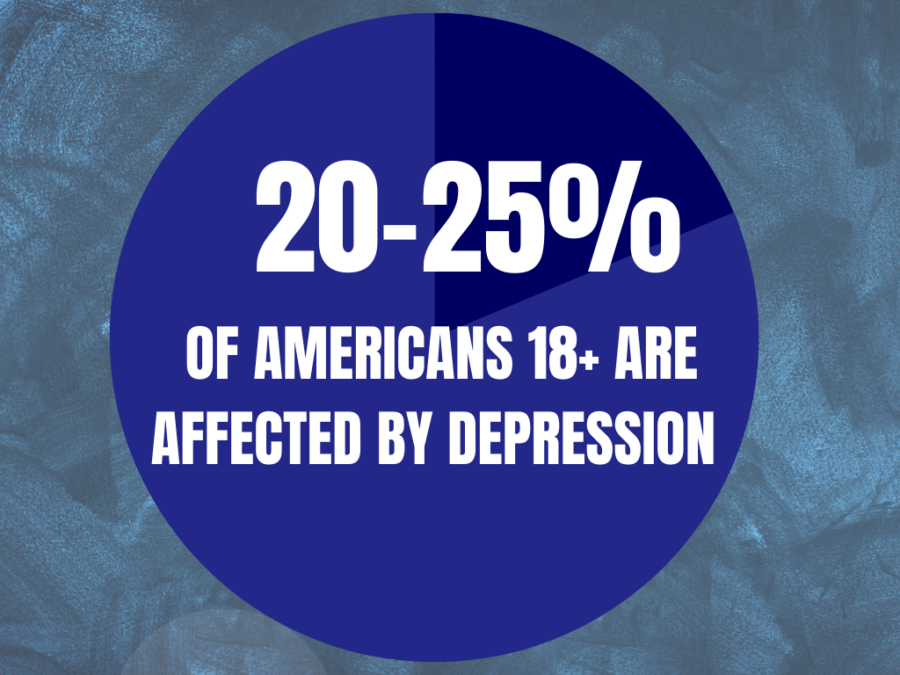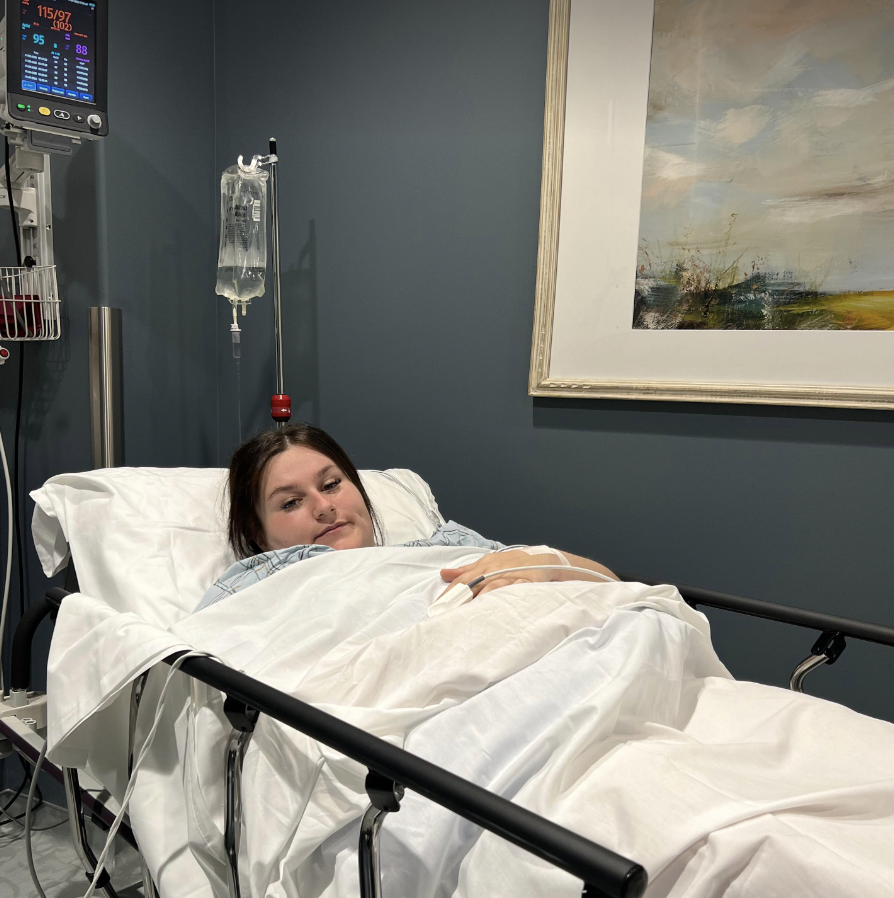Last spring, a tiny girl admitted to a small clinic in Ghana was dying of malaria. She suffered from repeated seizures and an incredibly high temperature, and there would have been no hope for her had it not been for the group of Weber State University students who were present and working around the clock to stabilize her.
The opportunity to save her life came from the students signing up for a Study Abroad trip to Ghana, hosted by the respiratory sciences department. Study Abroad is a program that’s been going on at WSU for about 25 years, allowing students to go on academic trips arranged through the university to national or international locations. The students who left for Ghana last April had the opportunity to perform service by helping to save patients in health clinics. They taught short lessons on practical health education to the community. They donated supplies and even an ambulance to the clinic while earning college credit.
“We’ve had some extremely successful ones, depending on what success means,” said Craig Larocco, administrator for the Study Abroad program. “(We’ve had) success in numbers and participation from students, and learning opportunities to visit all sorts of places in the world.”
Most of the programs are usually held during the summer, but some can occur during the spring and winter breaks. They are led by faculty members from the university, and are specialized depending on the departments that arrange them.
“It allows the students to earn more credit,” said Lisa Trujillo, assistant professor and director of clinical education in the respiratory therapy department. “Before when they were going, they would join me as an outside entity as a trip that was affiliated with the university. They would register for an independent project on campus, and so it was a little disconnected that way, so having it through Study Abroad has allowed me to formulate a course around it and to give upper-division elective credit by participating.”
Trujillo has led the Study Abroad trips to Ghana for the past four years for the university, but has been having students travel with her for the past eight years she’s been on the trip. Other faculty members and community members have joined her in the past as well, so these trips aren’t limited to majoring students in the hosting departments.
“For me it was a really big eye-opener, and so I think the students or the community folks that join us and go also have their ‘aha’ moment,” Trujillo said, “their times when they really get it and they really understand the world around them a little bit better, and they see their service can impact the lives of others so far away.”
Ben Sabin, a senior this year at WSU and a respiratory therapy major, joined Trujillo on the trip last April. He described the trip as “pretty life-changing.” He spent time playing with the children in Africa and taking care of hospitalized patients in the clinics, but also got to witness memorable moments like lightning storms in the rainforest and close-up views of wild elephants.
“It gives me an investment into myself, because I’m so much more appreciative of my life and the things that I get to do every single day that other people in other countries don’t get to do,” Sabin said.
LaRocco said he believes the best way to prepare for these trips are to read up on the region before traveling there.
“You’re going to get a strong feel for history and culture, and you want know what it is you want to see before you get there, and have at least that kind of a background,” he said.
Before Trujillo took her students to Ghana, she arranged mandatory meetings with the students interested in participating several months prior, in order for them to understand and prepare for the environment they were going into.
“They need to understand that the circumstances will be difficult and that it’s hot and very humid and we have long days where we’re doing clinics, and we might be at a clinic for eight hours out of the day,” Trujillo said. “The people are sitting and waiting in the hot sun for this free health care, and it’s not appropriate for us to leave at lunchtime when we know that the folks that we’re there to serve aren’t having that same opportunity.”
Though she said she believes the most difficult aspect of the trip might be the emotional process of witnessing the condition of life for other people, but also described the opportunities available to the students on these trips as an investment in their education as well as their personal life.
“We have lots of programs in Study Abroad that go to a variety of places within the United States and outside our own borders,” she said. “Any experience that students can take to go learn about the way people live, to learn about culture, to learn about the challenges and the benefits of different communities, I think that’s always a good opportunity.”
Though the prices for Study Abroad trips can range from $1,200 (without airfare) to $5,000 (including airfare and accommodations), there are options for students who can’t pay straight out of pocket. Sabin got support from various friends and family, and was able to pay for the rest of the trip with student loans. Certain Study Abroad trips also give out grants to students who qualify, and students can also meet with financial aid counselors to see if they can get more financial assistance. Most of the trips are arranged on a payment plan, so the entire amount isn’t paid up front.
The trip to Ghana for next year is tentatively scheduled to leave in May of 2013, and trips destined for Europe, China and the Canary Islands are currently announced on the school’s website on the Study Abroad page, so those interested can visit the site and inspect the programs they would prefer.
Questions about Study Abroad can also be answered by e-mailing [email protected] or calling 801-626-6600.
“Studying abroad for a semester or a year, you’re still putting your foot in the water for what we would hope would be a lifelong desire to educate yourself about the world,” LaRocco said. “What this is really is is a spark that goes into the flame.”














